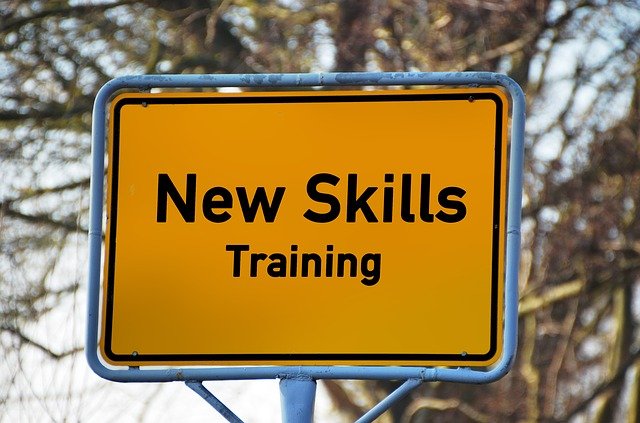Types Of Training That Could Benefit Your Business

Every company and business can improve their work output, company environment, or their customer relationship skills. How is this possible? With training courses of course! Yes, almost every business has some form of training, whether it’s for the job or if it’s required from the state or municipality.
But there are other optional, yet beneficial, forms of training that can be implemented to improve your business and employee’s overall performance. Let’s take a look at some of the types of training that could potentially benefit your business.
Safety Training
Safety orientation skills are a crucial set of abilities that empower employees to navigate environments with a keen awareness of potential hazards and the knowledge to mitigate risks effectively.
These skills encompass a range of practices, from understanding emergency protocols to identifying and using protective equipment.
A strong safety orientation involves the ability to recognize and respond to unsafe conditions promptly, ensuring the safety of yourself and others. It also includes the capacity to communicate safety information clearly and effectively, fostering a culture of awareness and accountability.
Ultimately, having robust safety orientation skills not only promotes a secure environment but also contributes to a culture of responsibility and well-being within your business. More training means more safety.
Soft Skills Training
Soft skills constitute a vital skill set beneficial to every employee. It’s essential to also discuss hard skills, which are acquired through formal education or specialized training programs like medical training, financial expertise, or chemistry proficiency.
On the other hand, soft skills encompass personal attributes such as effective time management, leadership capabilities, a strong work ethic, attentive listening, and creativity.
When employees receive training to enhance their soft skills, it can significantly impact various aspects of the business they are associated with.
Here are various types of soft skills training:
- Communication Skills Training: Enhances verbal, non-verbal, and written communication abilities, including active listening, articulation, and clarity in conveying messages.
- Leadership Skills Training: Equips individuals with the skills needed to lead teams, inspire and motivate others, delegate tasks, and make informed decisions.
- Teamwork and Collaboration Training: Teaches how to work effectively in a team environment, including conflict resolution, cooperation, and leveraging each team member’s strengths.
- Problem-Solving and Critical Thinking Training: Develops the ability to analyze situations, think creatively, and find effective solutions to challenges.
- Time Management Training: Helps individuals prioritize tasks, set goals, and manage their time efficiently to improve productivity and meet deadlines.
- Stress Management and Resilience Training: Provides techniques to handle stress, build resilience, and maintain mental and emotional well-being in high-pressure situations.
- Emotional Intelligence Training: Enhances self-awareness, self-regulation, empathy, and social skills to navigate emotions effectively and build strong relationships.
- Conflict Resolution and Negotiation Training: Teaches strategies for resolving conflicts, negotiating agreements, and finding mutually beneficial solutions.
- Adaptability and Flexibility Training: Helps individuals adapt to change, embrace new technologies, and thrive in dynamic work environments.
- Networking and Relationship Building Training: Provides skills for establishing and maintaining professional relationships, including networking etiquette and relationship management.
- Customer Service Skills Training: Focuses on developing skills to interact positively with customers, address their needs, and provide exceptional service.
- Presentation Skills Training: Enhances the ability to deliver effective and engaging presentations, including public speaking, visual aids, and audience engagement.
- Negotiation and Persuasion Skills Training: Provides techniques for influencing and persuading others in a positive and ethical manner.
- Conflict Management and Resolution Training: Equips individuals with techniques to handle and resolve conflicts constructively, maintaining positive relationships.
- Decision-Making and Judgement Training: Develops skills in making informed and effective decisions, considering various factors and potential outcomes.
Conclusion
In summary, investing in training courses is essential for any business seeking to enhance performance. Safety orientation skills ensure a secure environment, while soft skills like communication and leadership greatly impact productivity. Recognizing the value of such training programs is key to a dynamic and successful future.
Would you like to receive similar articles by email?





